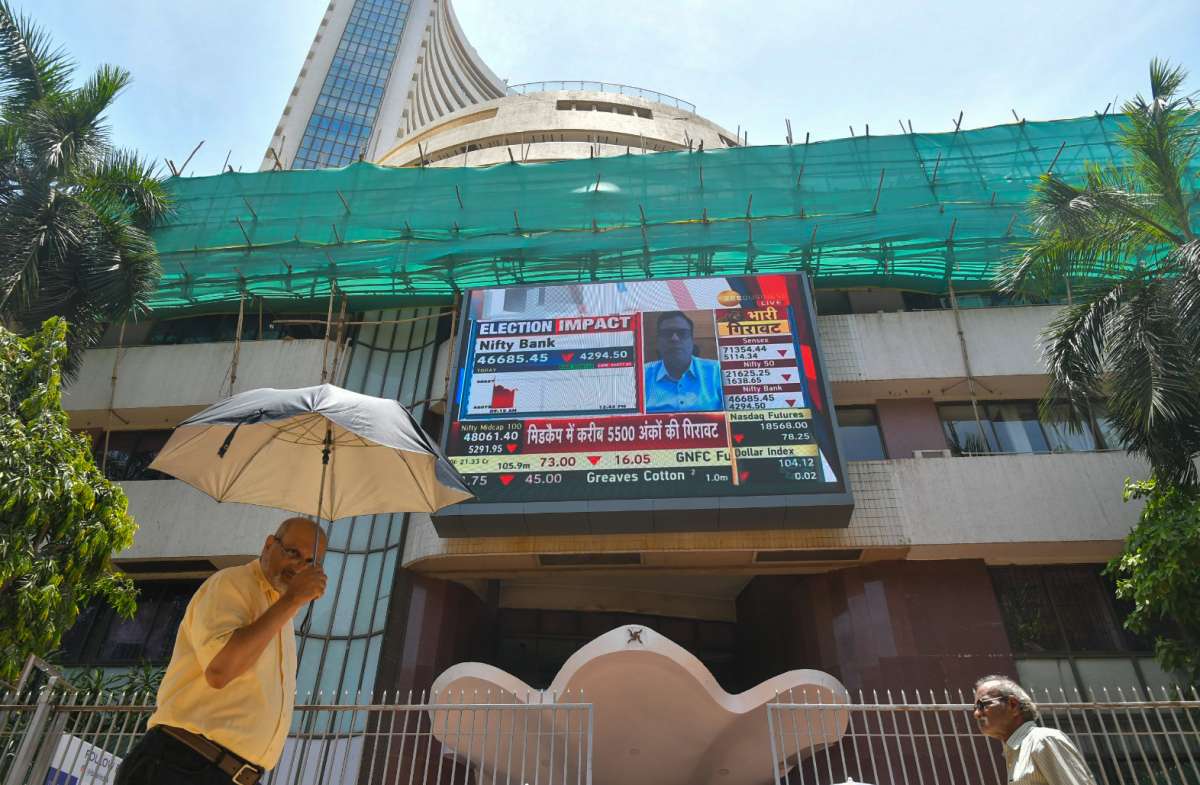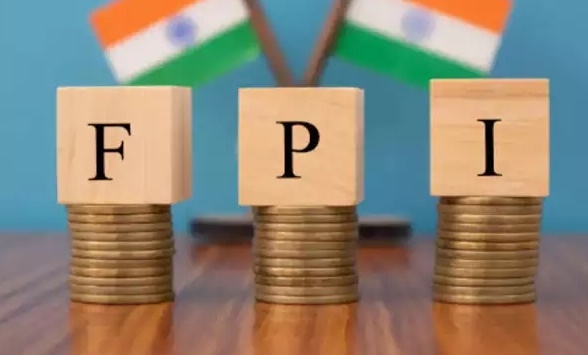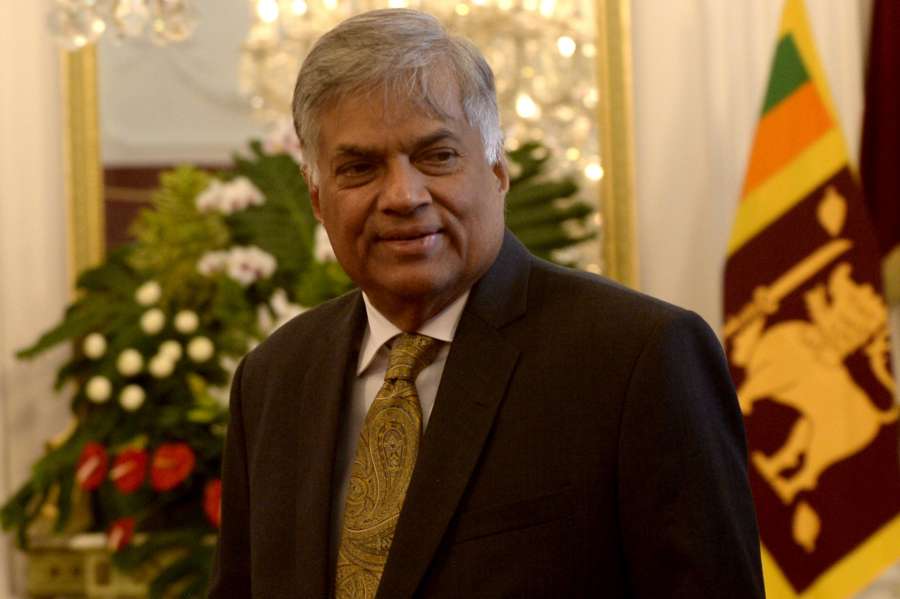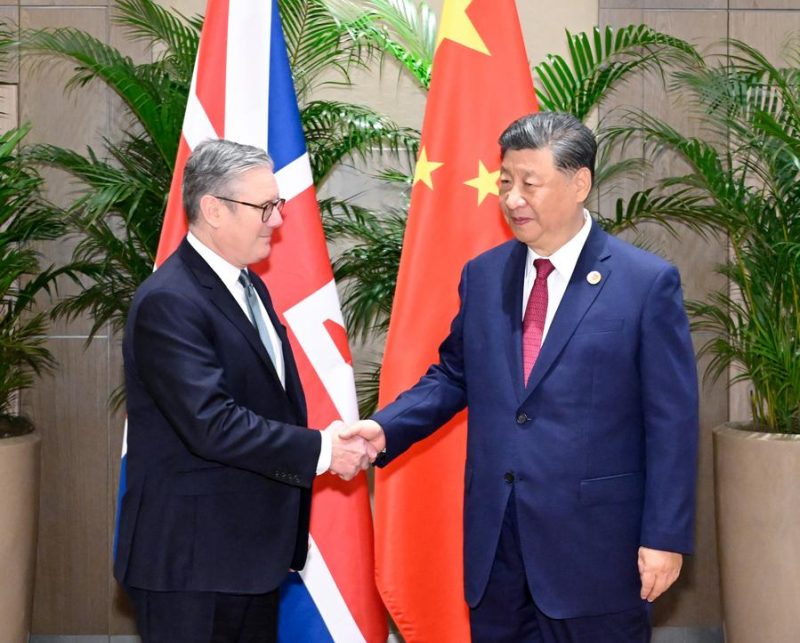The unexpected ban by India, which accounts for about 5 per cent of world wheat exports, stoked prices further. In Chicago, futures rose 5.9 per cent to $12.47 a bushel on Monday, the highest in two months…reports Asian Lite News
India’s ban on wheat exports Saturday fuelled international prices by almost 6 per cent a bushel (60 pounds or one million kernels or 27.21 kg) when global markets opened Monday. Locally, prices dropped sharply by 4-8 per cent in different states — Rs 200-250 a quintal in Rajasthan, Rs 100-150 a quintal in Punjab, and about Rs 100 a quintal in Uttar Pradesh.
With the February 24 invasion of Ukraine by Russia and the supply disruption that followed, global wheat prices jumped over 60 per cent in 2022; just Russia and Ukraine together account for almost a third of world wheat exports.
The unexpected ban by India, which accounts for about 5 per cent of world wheat exports, stoked prices further. In Chicago, futures rose 5.9 per cent to $12.47 a bushel on Monday, the highest in two months. The closing price in the previous trading session on May 13 — the day India imposed the ban — was $11.77 a bushel.
According to the Indian government’s Department of Commerce portal, the country exported 66.41 lakh tonnes of wheat in the first 11 months (April 2021 to February 2022) of financial year 2021-22 (1 tonne is 1,000 kgs or 2,204.6 pounds). This data conforms with the latest US Department of Agriculture’s May 2022 report, which estimates wheat exports from India in the 12 months from July 2021 to June 2022 at 10 million metric tons (1 ton is 2,000 pounds). The total world wheat exports during the period are estimated at 201.5 million metric tons.
In the current financial year – April 2022 to March 2023, the Indian government estimates about 45 lakh metric tonnes of wheat to have been contracted for exports. Of this, 14.63 lakh metric tonnes have been exported in April 2022 alone, substantially higher than 2.43 lakh metric tonnes in the same month last year. Besides, 95,167 metric tonnes atta have been exported in April this year, almost four times more than 25,566 MT in April 2021.
The Group of Seven (G-7) countries too expressed disappointment on India’s decision. After a meeting of G-7 agriculture ministers in Germany, German Agriculture Minister Cem Ozdemir said the export restriction would “worsen the crisis”. “If everyone starts to impose export restrictions or to close markets, that would worsen the crisis,” Ozdemir said at a press conference in Stuttgart on Saturday.
India defended the decision. The ban was “essentially in view of the price rise”, Union Food Secretary Sudhanshu Pandey said Saturday during a media briefing. Retail inflation has been ruling over 6 per cent for four straight months in calendar year 2022, with the print for April soaring to 7.79 per cent, much higher than the upper band of RBI inflation target of 6 per cent. In the Consumer Price Index, wheat/ atta from PDS has a weight of 0.17 and wheat/ atta from other sources has a weight of 2.56.
Research analysts said the impact of India’s export ban would be felt disproportionately by low income developing countries. In a note after the ban, Nomura Global Markets Research pointed out that except India and Australia, most Asian economies depend on imported wheat for domestic consumption and are at risk from higher wheat prices globally, even if they do not directly import from India.
US hopes India will drop restrictions
Washington hopes that India will drop its restrictions on wheat exports after hearing at the United Nations (UN) Security Council from other countries about the looming food crisis, according to Linda Thomas-Greenfield, the US Permanent Representative to the UN.
“India will be one of the countries participating in our meeting at the Security Council, and we hope that they can, as they hear the concerns being raised by other countries, that they would reconsider that position,” the Cabinet official said on Monday previewing the US initiatives on food security in the wake of the Russian invasion of Ukraine.
Answering a reporter’s question about India restricting some wheat exports, she added, “We’re encouraging countries not to restrict exports because we think any restrictions on exports will exacerbate the food shortages.”
Russia and Ukraine accounted for nearly 30 per cent of the global wheat exports and the war has disrupted the supplies putting many countries at risk.
India, which is the world’s second-largest wheat grower and has a big stockpile, ordered an end to most purely commercial wheat transactions while leaving room for some exports to neighbouring countries and governments of countries in need.
The government notification of the revised policy on Friday said the exports were banned “in order to manage the overall food security of the country and support the needs of the neighbouring and other vulnerable countries”.
India’s Commerce Secretary, B.V.R. Subrahmanyam on Sunday said private companies would be allowed to meet previous commitments they have made for exports.
Explaining the restrictions, he added that New Delhi did not want an unregulated export of wheat that could lead to it getting “hoarded and is not used for the purpose which we are hoping it will be used for — which is serving the food requirements of vulnerable nations and vulnerable people”.
The main factor behind the reversal of Indian policy on wheat exports is the extreme heatwave that swept through some of the wheat-producing areas creating fears that the output could fall by as much as 5 per cent.
The US, which is the Security Council’s President for May, has urged for ‘Days of Action for Food Security’.














